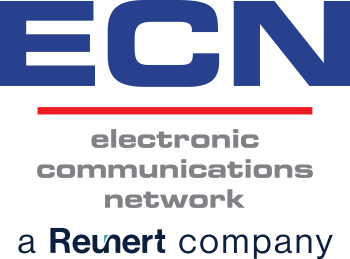Internet accessibility is the cornerstone of most businesses in the modern age which means choosing the correct internet solution is crucial. There are currently three major forms of internet access – wireless, ADSL and fibre optics – all with ranging abilities. Here is a comprehensive outline of the three internet access options.
Business Internet Access
1. Wireless
Wireless internet access creates a network within your business (Wireless Local Area Network or WLAN), allowing computers to access broadband internet without any connecting wires. This system uses radio waves whereby a wireless transmitter broadcasts the signals from the internet to whatever device you’re working on via the broadband connection. This can be a satellite link, mobile data connection or even a wireless hotspot.
Advantages:
• Symmetrical upload and download speeds
• Low latency
• Suited to areas with limited connectivity options
• Mobility
• Easy set-up
• Easily expanded as user numbers increase
Disadvantages:
• Some security weaknesses
• Range can be limited in larger structures
• Subject to electrical interference
• Fairly low speed
Read more: A guide to business fibre
2. ADSL (Asymmetric Digital Subscriber Line)
ADSL is essentially an internet connection that uses existing copper lines which were formerly used only for telephone communication. However, ADSL uses a different frequency to telephone which allows for landline calls and internet use simultaneously.
Advantages:
• Reliable internet access
• Readily available where all landlines exist
• Quick installation
• Higher speeds
Disadvantages:
• Decreased reliability further from telephone exchange
• Not available everywhere
• Copper lines affected by the climate, moisture and static
3. Fibre Optics
Fibre uses light impulses to transfer data via thin, glass fibre tubes. Each fibre cable consists of thousands of fine, individual fibres which are more durable than traditional copper cables.
Advantages:
• The conductor in cables is glass so electrical disturbances don’t affect connection
• Symmetrical upload and download speeds
• High capacity and low latency
• Considerably faster than most internet access – up to 50 times faster than ADSL
• Improved quality of data transfer
• Unaffected by distance from connection point
• Increasing accessibility as rollout continues
Disadvantages:
• Not yet readily available outside big cities
• Installation may take longer
• More expensive for initial installation
Discuss your business internet access options with a reliable internet provider so as to gauge what will suit your particular business needs. It’s important to rely on a provider that offers, not only initial installation and setup, but also long-term assistance for any future internet access needs.
Read more: Choosing the right business fibre
ECN is a leading telecommunications and business fibre partner in South Africa. ECN offers a broad set of cost effective voice, data and hosted services to meet our customers ever growing technological needs. Our market leading Fibre for business provides our customers with the option of replacing their existing voice service provider to substantially reduce their monthly telecommunications bill. Contact ECN today for leading telecommunications solutions.

